How Can New Technologies Help Foster a Stronger Sense of Community in Coworking Spaces?
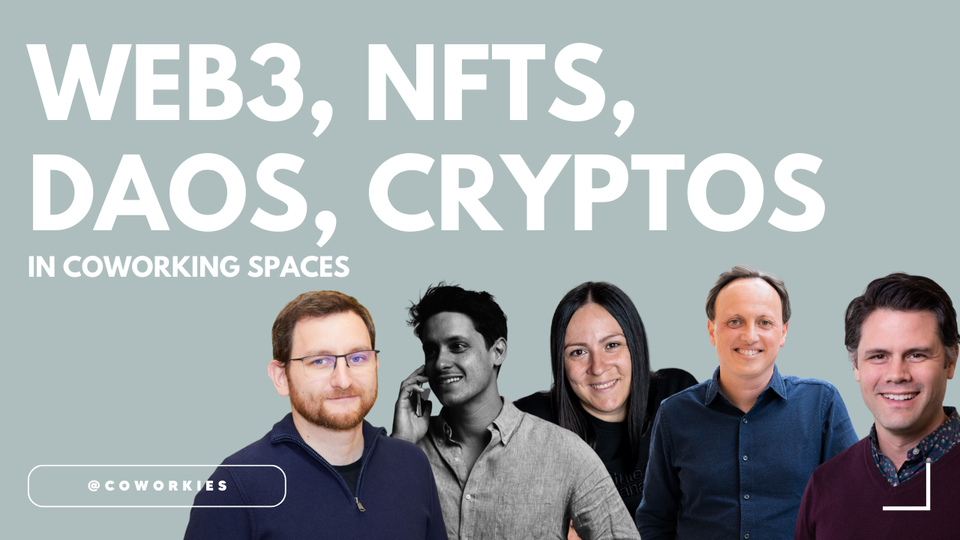
The final installment in our series on new technologies in coworking spaces has arrived, offering a moment for reflection on our journey so far. This concluding piece brings us to two coworking communities from distinct corners of the world: New York and Porto. Though separated by geography, these communities share a unified approach—utilizing cutting-edge technologies to enhance member engagement and collaboration.
Before we explore these specific spaces, let's revisit the key insights we've gathered throughout this series. We've observed that, despite their initial complexity, new technologies hold significant potential to alleviate operational burdens. This, in turn, allows teams to concentrate on essential aspects such as business development and value creation for their extended community.
This final chapter offers a thoughtful look at how innovative solutions are shaping coworking environments. Take your time to examine this case study and consider how these global examples of technological integration could inspire your approach to bringing members together.
🤖 Technology in Coworking Spaces: What We’ve Learned So Far.
- Coworking Case Study 007: AI in Coworking Spaces
- Coworking Case Study 008: The Metaverse for Coworking Spaces
- Coworking Case Study 009: Cryptocurrencies in Coworking Spaces
🤓 Coworking Case Studies: Using New Technologies to Foster Coworking Communities.
- Glossary of Terms
- DAOs for Coworking Spaces with EmpireDAO 🇺🇸
- Web3 for Coworking Spaces with DeHouse 🇵🇹
✍️ Overall Conclusion On New Technologies and Their Potential Applications for Coworking Spaces.
Technology in Coworking Spaces: What We’ve Learned So Far.
Coworking Case Study 007 - Artificial Intelligence for Coworking Spaces
Our exploration journey began with probably what is 2024’s hottest tech topic: Artificial Intelligence. We ‘sat down’ with Carlos Almanza, Co-Founder and CEO of Nexudus, to explore the transformative potential of artificial intelligence (AI) in coworking spaces looking at it through the lens of coworking software and operations.
Key Contributions of AI for Coworking Spaces in 2024:
Broader Implications:
Challenges and Future Prospects:
Carlos noted that while AI presents many opportunities, understanding and applying the technology effectively remains a challenge. He emphasized the importance of adapting AI to achieve desired outcomes in the coworking industry, where community and flexibility are central.
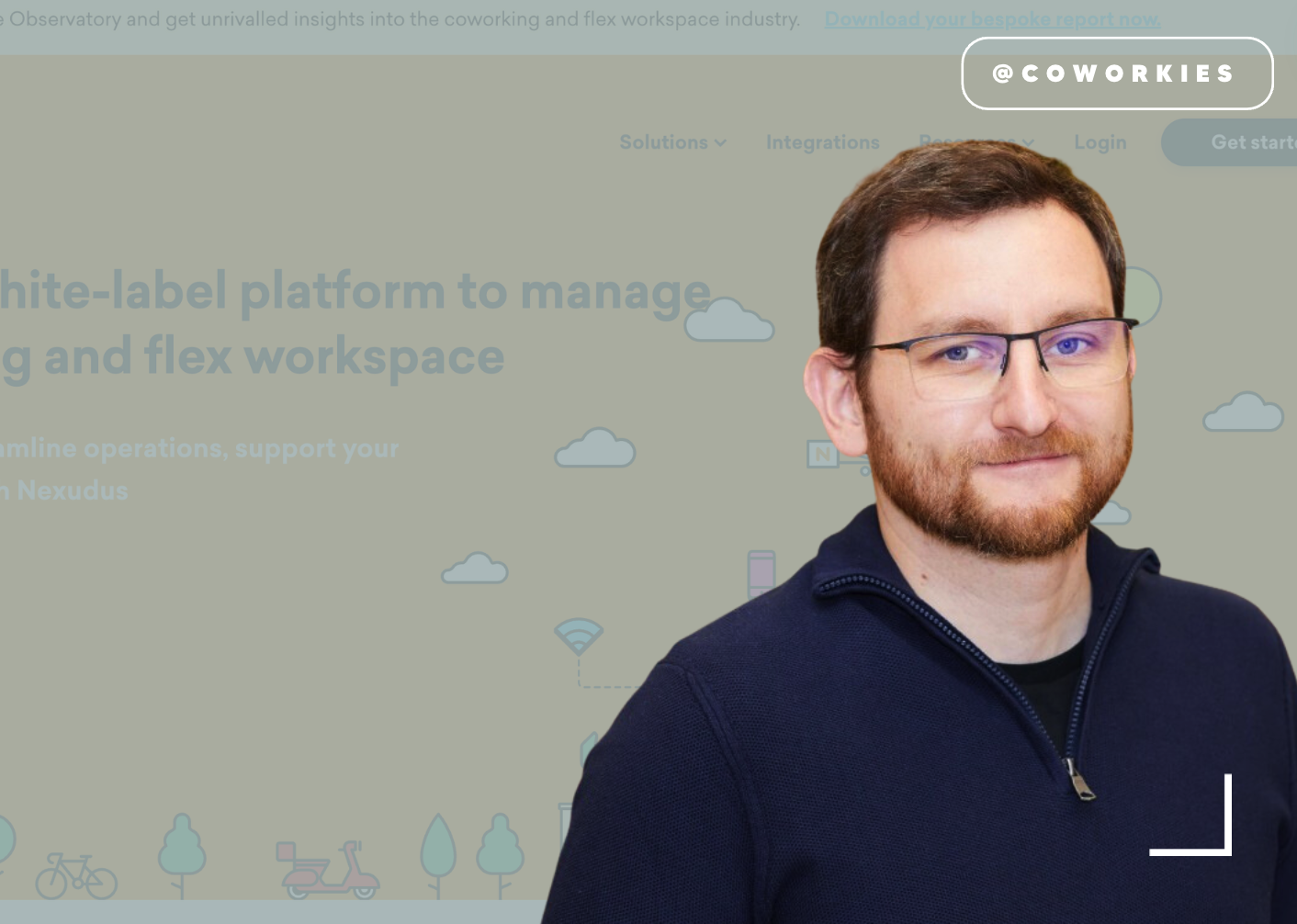
“In all the AI projects, we try to find actionable insights, not just presenting data but also giving operators insights on how they can use that data. “ to
Carlos Almanza, Co-Founder and CEO of Nexudus
Read The Case Study HereCoworking Case Study 008 - Coworking in The Metaverse
A conversation with Jaime Villalonga Lopez, Head of Marketing at Wayco in Valencia, Spain.
In an insightful conversation with Jaime Villalonga Lopez, Head of Marketing at Wayco, we dug into the exciting intersection of coworking and the metaverse, something, Wayco, the coworking brand he works for, is exploring as a way to enhance coworking experiences and community engagement.
Key Insights on the Metaverse:
Impact of the Metaverse on the coworking industry:
Recommendations for coworking operators interested in the metaverse:
While the metaverse is still developing, it holds significant potential for coworking spaces by blending digital and real-world experiences. With virtual memberships, cryptocurrency integration, and innovative virtual environments, the metaverse offers new ways to build and nurture coworking communities. As the technology evolves, coworking operators have exciting opportunities to enhance their offerings and engage with emerging generations.
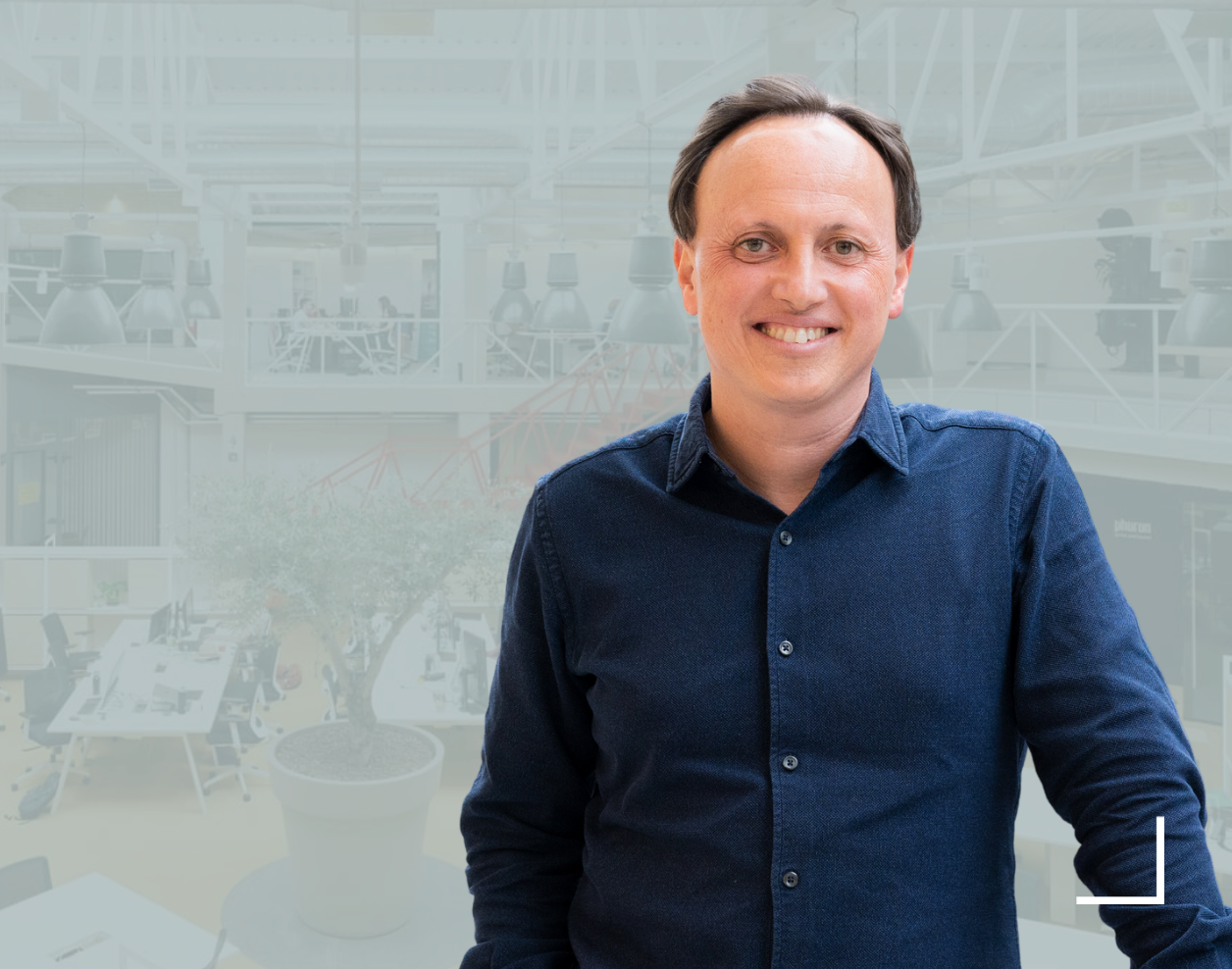
Brands are starting to understand that the metaverse is a new way of communication. It's becoming a crucial platform for engagement.
Jaime Villalonga Lopez, Head of Marketing at Wayco
Read The Case Study HereCoworking Case Study 009 - Cryptocurrencies in Coworking Spaces.
A conversation with Katerina Marekova, COO at Paralelni Polis - Prague, Czech Republic.
Our latest coworking case study is a revealing conversation with Katerina Marekova, COO of Paralelni Polis, a pioneering coworking and educational hub, that combines art, technology, and finance to foster a community dedicated to innovation and independence. in Prague. Together, we explored the unique integration of cryptocurrency in coworking spaces.
Key Insights on Paralelni Polis:
Integration of Cryptocurrency at Paralelni Polis:
Challenges around Cryptocurrencies
Paralelni Polis exemplifies how coworking spaces can leverage digital currencies to create unique, educational, and engaging environments.
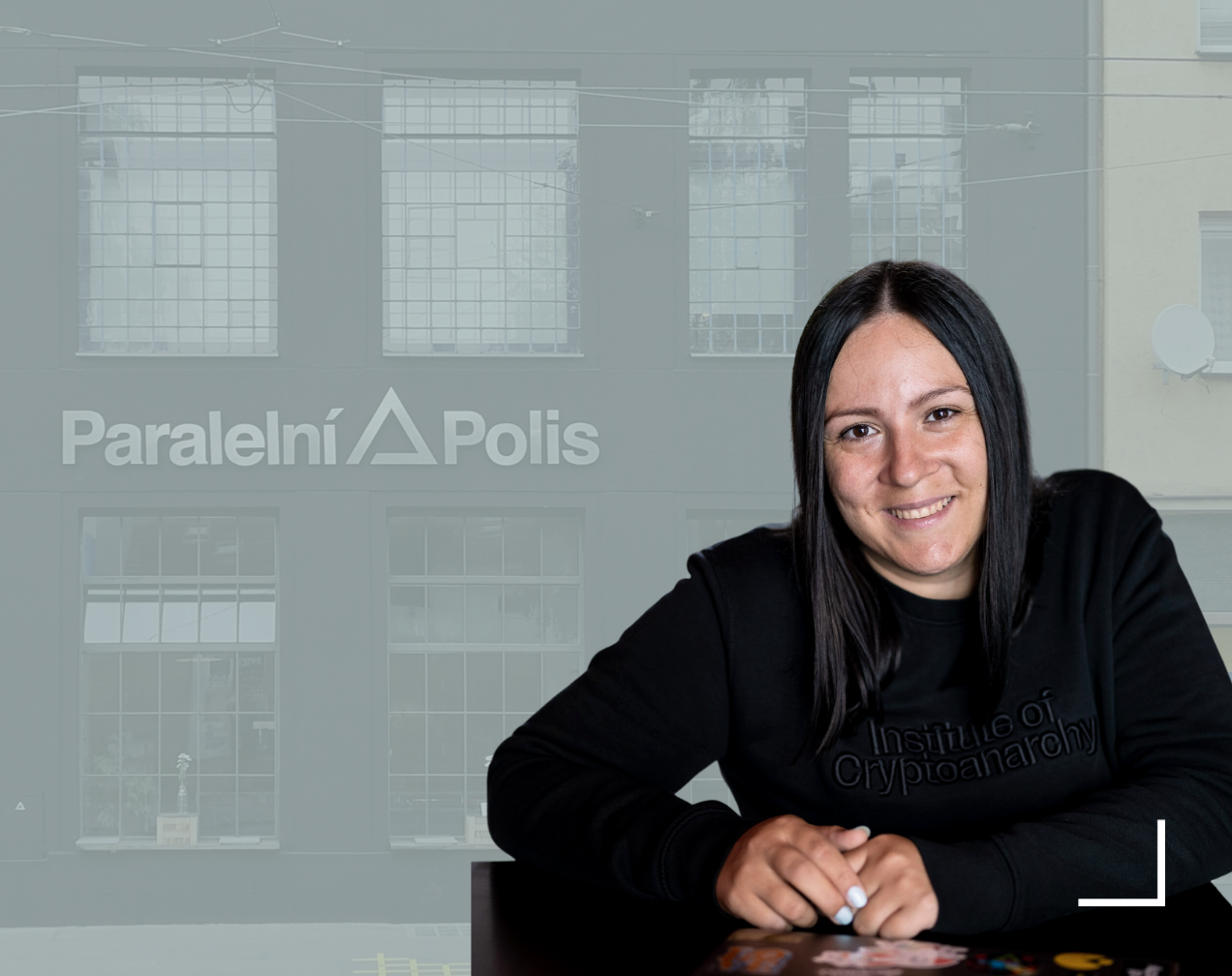
“Our work for the general public is mostly about introducing people to crypto and explaining that it's not the scam you often read about on the internet.”
Katerina Marekova, COO at Paralelni Polis
Read The Case Study Here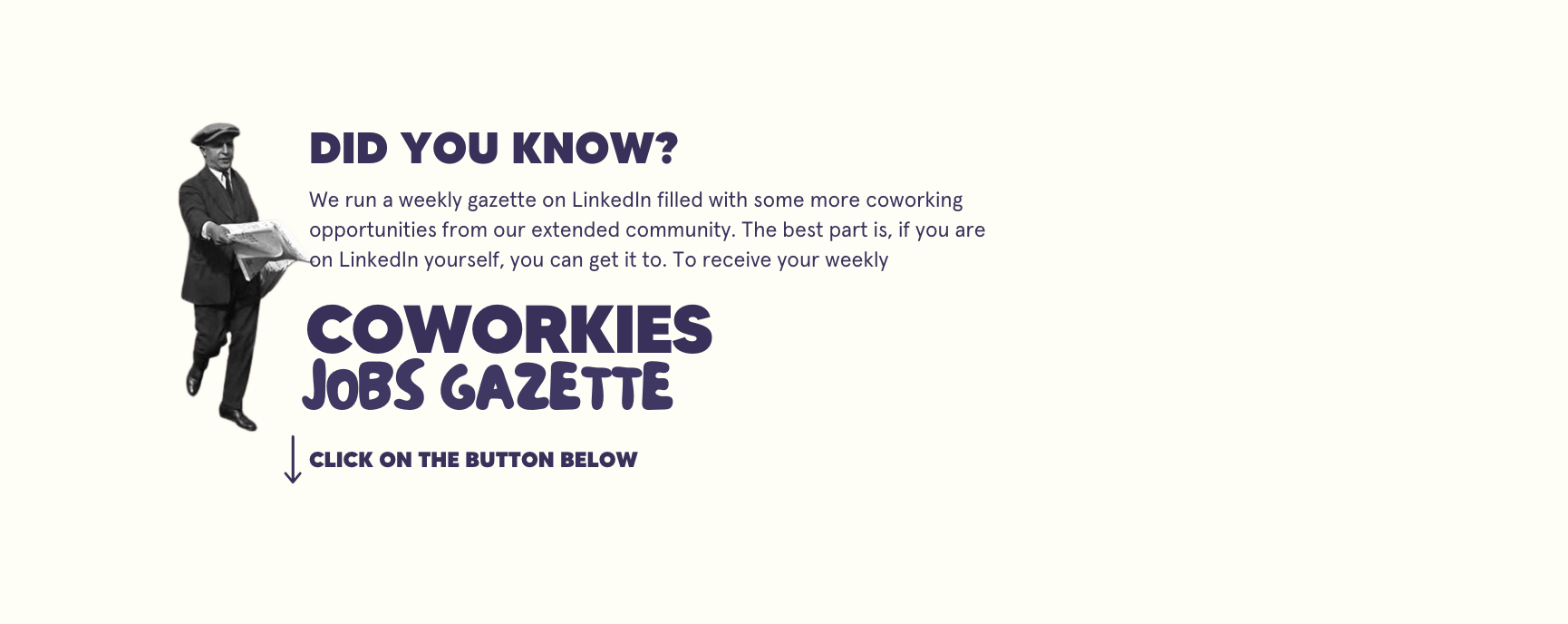
Coworking Case Studies: Using New Technologies to Foster Coworking Communities.
Now that your memory has been refreshed, it is time for our last tech exploration. As said earlier in this article, you are about to be introduced to two different coworking communities: EmpireDAO from New York, USA, and DeHouse from Porto, Portugal. Each of these communities has used two technologies that are still not broadly understood by the general public: DAO (Decentralized Autonomous Organization) and web3.
If you find yourself lost already, please keep reading 🙂
To fully understand what awaits, we’ve prepared a short introduction about both of these concepts and why they are interesting for coworking spaces.
Let’s explore.
Lastly, if you do not have the possibility of watching those videos just now, you'll find two short and condensed summaries of their key points under each of them.
Glossary of Terms To Help You Understand What’s Coming.
What’s Blockchain?
What is Decentralized Finance?
What does Tokenization mean?
What is a DAO?
What is an NFT?
What is web3?
Building a Coworking Space Around DAOs: The Coworking Case Study Summary of EmpireDAO.
In a detailed conversation with Mike Fraietta, founder of EmpireDAO, we explored how decentralized autonomous organizations (DAOs) are being integrated into the coworking space model using his space as an example and highlighting how EmpireDAO blends a physical coworking space with the decentralized ethos of DAOs.
Integration of DAOs in Coworking
Decentralized Finance and Blockchain:
Challenges and Future Prospects:
Mike’s Advice for Coworking Spaces Interested in DAOs.
“Build the Community First”: In our conversation, Mike emphasized the importance of establishing a strong community before implementing DAO structures. Ensuring member engagement and commitment is crucial for a successful transition to decentralized governance.
“Experiment and Learn”: Participating in other DAOs can provide valuable insights into different governance models and best practices. Starting with small-scale experiments can help fine-tune the approach before a full rollout.
As a summary, what the journey of Mike Fraietta underscores with EmpireDAO is the transformative potential of DAOs in reshaping coworking spaces by promoting community ownership and active participation. By leveraging the innovative applications of NFTs, decentralized finance, and blockchain technology, EmpireDAO is pioneering a new paradigm for coworking operations in the digital era. For those looking to embed DAOs into their coworking environments, it is crucial to cultivate a robust community foundation and draw insights from established DAOs to navigate this emerging landscape effectively.
Building a Coworking Space Around Web3: The Coworking Case Study Summary of DeHouse.
Tiago Carvalho Araújo is the CEO of DeHouse, a coworking space based in Porto, Portugal that is geared towards the web3 ecosystem. In our conversation with him, we explored how web3 technologies are being integrated into his space. Tiago shares insights on creating a community-oriented workspace that embraces decentralized technologies.
Integration of Web3 Technologies:
Community Building and Education:
Challenges and Future Prospects:
Tiago's Advice for Aspiring Web3 Coworking Spaces.
"Flexibility and Community Focus": Tiago advises that flexibility and a strong focus on community are crucial for coworking spaces, especially those centered around web3. The informal and dynamic nature of web3 companies necessitates adaptable and community-oriented management.
"Embrace Technological Integration": Incorporating web3 technologies, such as tokenization and decentralized finance, can offer unique advantages and appeal to the tech-savvy demographic of web3 enthusiasts.
Tiago Carvalho Araújo’s insights on DeHouse underscore the potential of integrating web3 technologies into coworking spaces. By fostering a strong community, emphasizing flexibility, and leveraging innovative technologies, DeHouse is setting a new standard for coworking environments.
Overall Conclusion On New Technologies and Their Potential Applications for Coworking Spaces.
The final installment in our series on new technologies in coworking spaces has brought an extensive outlook into how cutting-edge innovations can foster a stronger sense of community and higher engagement. Through our exploration of AI, the metaverse, cryptocurrencies, DAOs, and Web3, we've seen how these technologies are transforming the coworking landscape.
AI in Coworking Spaces Artificial Intelligence (AI) offers significant benefits for coworking spaces, from operational efficiency to enhanced member experiences. As highlighted by Carlos Almanza of Nexudus, AI can forecast booking demands, enable dynamic pricing, and enhance member engagement through personalized interactions. These capabilities help operators streamline processes, allowing them to focus on community building and business development.
The Metaverse for Coworking Spaces The metaverse represents a new frontier for coworking, blending physical and virtual environments to create immersive and interconnected experiences. Jaime Lopez Villalonga of WayCo emphasized the potential of the metaverse to complement physical spaces, offering virtual memberships and fostering global interaction. For coworking operators, understanding and experimenting with metaverse technologies can open up new avenues for engagement and community building.
Cryptocurrencies in Coworking Spaces Paralelni Polis in Prague provides a unique example of how cryptocurrencies can be integrated into coworking spaces. With initiatives like Bitcoin Coffee and Paper Hub, the space introduces members to cryptocurrency, making digital currencies accessible and practical for everyday use. This approach not only educates the public about crypto but also creates a vibrant, tech-savvy community.
DAOs in Coworking Spaces EmpireDAO demonstrates the transformative potential of Decentralized Autonomous Organizations (DAOs) in creating community-owned coworking spaces. By leveraging NFTs for membership management and integrating decentralized finance principles, EmpireDAO fosters a sense of ownership and participation among its members. This model promotes inclusivity and innovation, setting a new standard for coworking operations in the digital era.
Web3 in Coworking Spaces DeHouse in Porto showcases the integration of Web3 technologies into coworking environments. With a focus on decentralized offices and tokenization, DeHouse offers flexibility and accessibility, allowing members to work from multiple locations seamlessly. This inclusive approach attracts both established Web3 companies and those transitioning from Web2, fostering a diverse and dynamic community.
Key Takeaways
- Build a Strong Community Foundation: Establishing a robust community is crucial before implementing advanced technologies. Member engagement and commitment are essential for a successful transition to new models like DAOs and Web3.
- Embrace Flexibility and Inclusivity: The dynamic nature of tech-savvy communities necessitates adaptable and community-oriented management.
- Focus on Education and Experimentation: Continuous learning and small-scale experiments can help operators understand and integrate new technologies effectively.
- Leverage Technological Integration: Incorporating AI, metaverse, cryptocurrencies, and blockchain technologies can offer unique advantages and enhance the coworking experience.
As the digital landscape continues to evolve, the successful implementation of these technologies in coworking spaces will pave the way for a more connected, efficient, and empowered community of professionals. By drawing inspiration from all the spaces highlighted in the different coworking case studies shared here, we hope that you, as a coworking operator, can better navigate this emerging landscape and tap into potential new opportunities for your team and your community,
With the end of this series on new technologies and coworking spaces comes a new chapter. We’ll meet again next Sunday for a whole new exploration of a topic we love: coworking in smaller cities and remote areas.
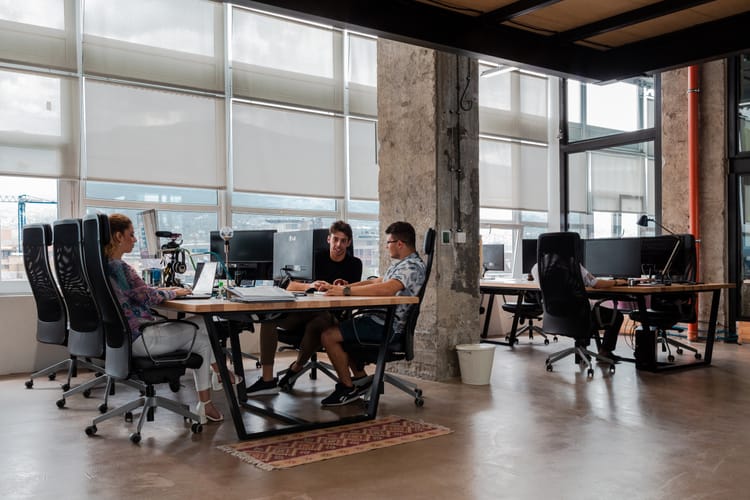
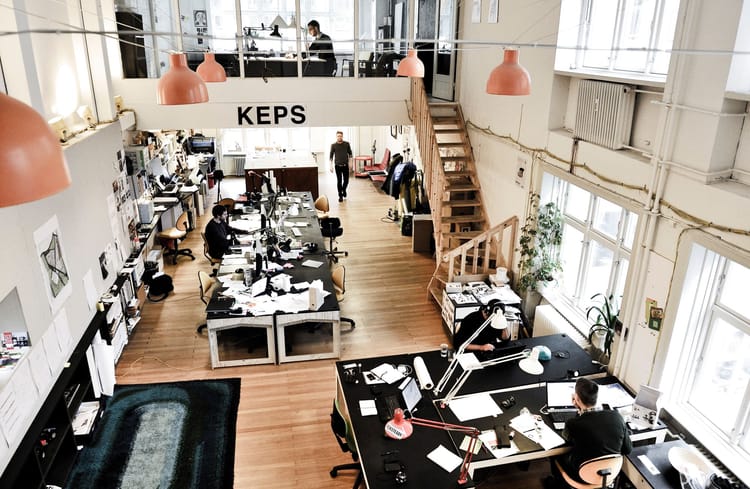
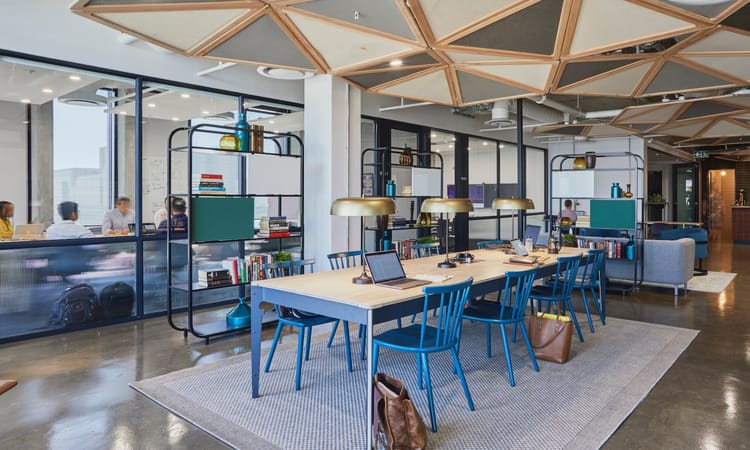

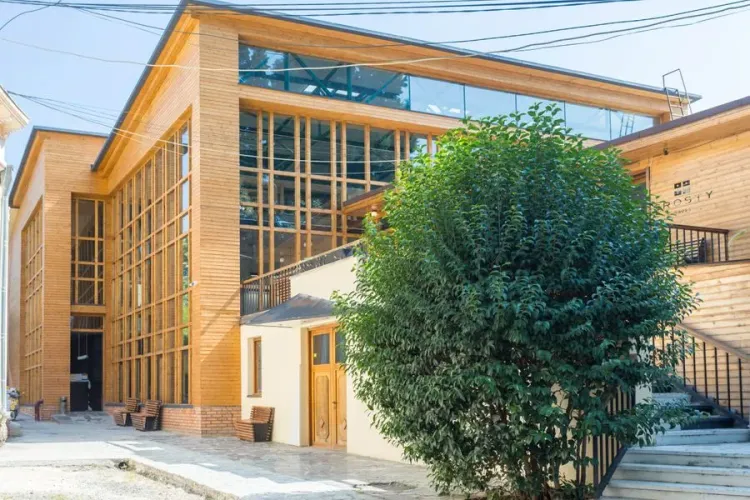
Member discussion